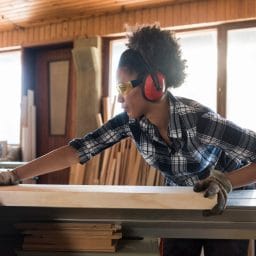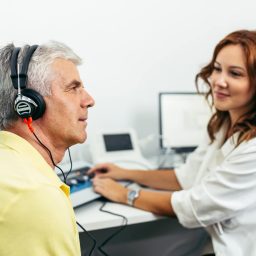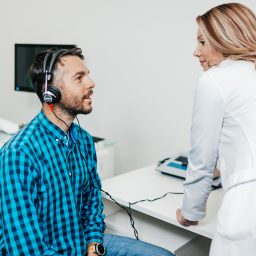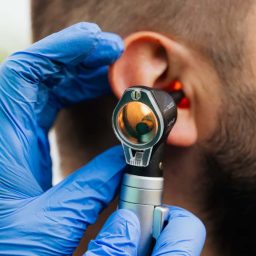What is Noise Induced Hearing Loss?

How Can Sounds Hurt Your Ears? Background sound is a constant in our busy lives. Normally, background noises are at safe levels that do not negatively impact our hearing. But repeated exposure to noise above 85 decibels (dB) can cause noise induced hearing loss. The louder the sound, the less amount of time it takes…
What You Don’t Know Can Hurt Your Hearing

You may already be familiar with the two most common causes of hearing loss: aging and exposure to loud noise. But there are other causes you may not know about. Below we review four surprising risk factors for hearing loss. 1. Sleep Apnea Recent studies have found a strong link between sleep apnea and hearing…
Reasons to Reach Out For Audiology Awareness Month

Did you know that October has been Audiology Awareness Month? That means there’s no better time to reach out to an audiologist to have your hearing checked. Below we review the reasons you should schedule a hearing test. Falls & Accidental Injuries Untreated hearing loss is associated with a risk of falls and accidental injuries….
Muffled Hearing After a Concert? It May Be Temporary Threshold Shift

If you’re a concert aficionado, you may know that muffled feeling in your ears after enjoying a show at Tyson Events Center all too well. This phenomenon is known as temporary threshold shift (TTS). We review everything you need to know about TTS below. How Do We Hear? In order to understand TTS, it’s important…
The Connection Between Heart Health & Hearing Loss

Exercise is good for your body and mind in many ways, but it is essential when it comes to preventing cardiovascular disease. Not only is cardiovascular disease the number one cause of death for both men and women in the U.S., it is also linked to hearing loss. We explore this connection below. What Is…
The Relationship Between Hearing Loss & Dementia

Hearing loss impacts your ability to communicate with loved ones and interact with the world around you. But did you know that it can also cost you your precious memories, like family picnics at Bacon Creek Park? Studies show that untreated hearing loss increases your risk of dementia and other forms of cognitive decline. About…
Why You Should Be Getting a Regular Hearing Checkup

You take your car to Mr. Muffler every 5,000 miles for an oil change, get a teeth cleaning at your dentist every six months and get a physical exam every year, so why aren’t you getting regular hearing checkups? Hearing loss is common, affecting an estimated 48 million people across the nation. However, only one…
Can Music Cause Hearing Loss?

What’s your favorite thing about the sense of hearing? For many, it’s the ability to enjoy listening to music. However, unsafe listening practices can hurt your ears and even cause permanent damage to your hearing. Below the experts at Hearing Health Centers review how we hear, how loud music can damage our hearing and how…
Signs You Need a Hearing Test

Hearing loss is a progressive condition that slowly worsens over time. If you have experienced any of the following situations, this is your sign that it is time to get a hearing test. Once your audiologist has determined your type and degree of hearing loss, they can work with you to put together an individualized…
Hearing Loss from Meningitis

Meningitis is a potentially life-threating condition that requires immediate treatment. The sooner treatment is received, the better the chance of preventing serious complications such as permanent hearing loss. Understanding Meningitis Meningitis is inflammation of the fluid that surrounds your brain and spinal cord. Early symptoms mimic the flu and can intensify in severity within hours…